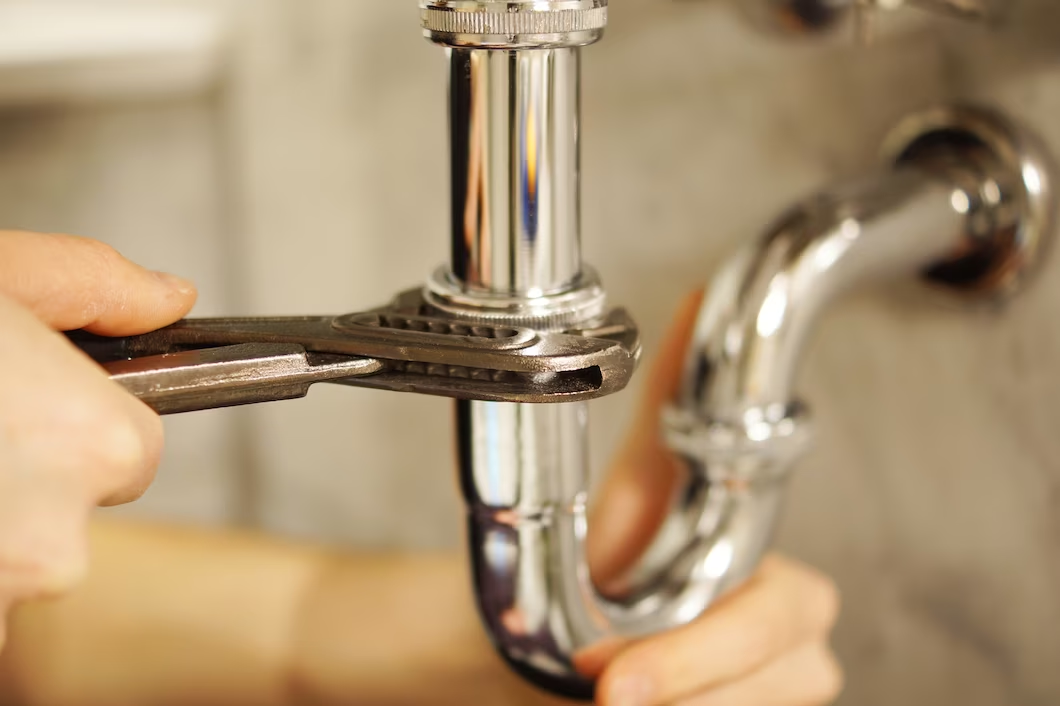Are you tired of constantly calling a plumber for minor plumbing issues at home? Whether it’s a leaky faucet or a clogged drain, dealing with plumbing problems can be a frustrating and time-consuming task. But fear not! With a little know-how and the right tools, you can become your own plumber and save both time and money. In this blog post, we will share five essential DIY plumbing tips that every homeowner should know. So roll up your sleeves and let’s dive in!
1. Invest in the Right Tools
Before you start any DIY plumbing project, it’s important to have the right tools on hand. Investing in a basic plumbing toolkit will save you countless trips to the hardware store. Some essential tools include a plunger, adjustable wrench, pipe cutter, and plumber’s tape. These tools will come in handy for fixing leaks, unclogging drains, and making small repairs.
2. Fix Minor Leaks Immediately
A small leak may not seem like a big deal, but it can quickly escalate into a major problem. Not only can it cause water damage to your home, but it can also lead to mold growth and increased water bills. It’s important to fix minor leaks immediately to prevent further damage. Start by turning off the water supply to the affected area and then replace the faulty component or use plumbers tape to seal any leaks.
3. Unclog Drains Naturally
Clogged drains are a common issue in many households. Instead of relying on harsh chemicals that can damage your pipes and harm the environment, opt for natural solutions. A mixture of hot water, vinegar, and baking soda can effectively unclog most drains. Pour the mixture down the drain, let it sit for a few minutes, and then flush it out with hot water. Regularly cleaning your drains can help prevent clogs from occurring in the first place.
4. Know Your Water Shut-Off Valve
In case of a plumbing emergency, it’s crucial to know the location of your water shut-off valve. This valve is usually located near the water meter or where the main water line enters your home. Familiarize yourself with its location and make sure it’s easily accessible. Being able to quickly shut off the water supply can prevent flooding and further damage to your property.
5. When to Call a Professional
While it’s empowering to fix minor plumbing issues on your own, there are times when it’s best to call a professional plumber. Complex problems such as major leaks, burst pipes, or sewer line issues require specialized skills and equipment. Don’t hesitate to seek professional help when needed to avoid causing more damage or compromising your safety.
In conclusion, by following these five essential DIY plumbing tips, every homeowner can become their own plumber. Remember to invest in the right tools, fix minor leaks immediately, unclog drains naturally, know your water shut-off valve, and recognize when it’s time to call a professional. With a little practice and confidence, you can tackle most plumbing issues effectively, saving both time and money. So why wait? Start improving your plumbing skills today and enjoy a better living space.

